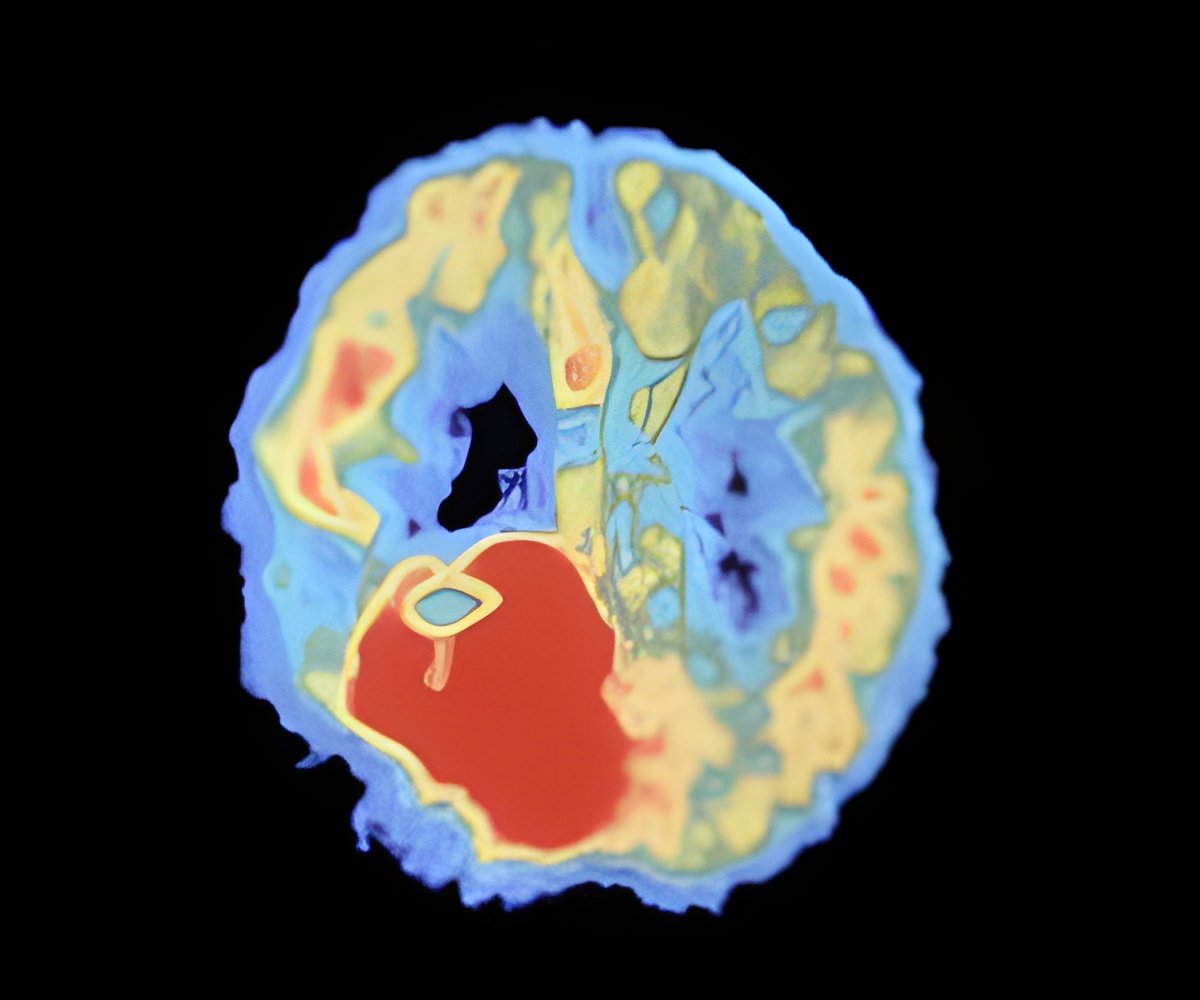A team of researchers have conducted a study on monkeys and found that the changes of mind can be exposed by tracking neural activity when making decisions

By recording multiple neurons at the same time, you can take out the noise and get a more robust picture of the underlying dynamics, instead of looking at one neuron at a time, whose results vary from trial to trial so you cannot get a clear picture of this complex activity, Kiani added.
In the experiment, the monkeys viewed a patch of randomly moving dots on a computer screen. Following the stimulus, monkeys received a "Go" signal to report the motion direction by making an eye movement. The scientists sought to predict the monkeys' choices purely based on the recorded neural responses before the Go signal. Their model achieved highly accurate predictions.
The same model was then used to study potential dynamics of the monkeys' decision at different times before the Go signal. The scientists confirmed these predictions by stopping the decision-making process at arbitrary times and comparing the model predictions with the monkeys' actual choices.
Surprisingly, the monkeys' decisions were not always stable as they occasionally vacillated from one choice to another, indicating covert changes of mind during decision-making.
The study is published in the journal Current Biology.
Advertisement








